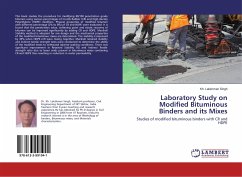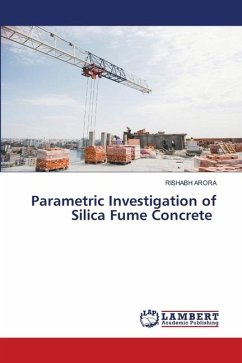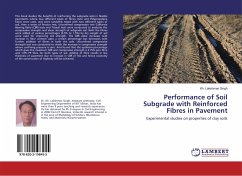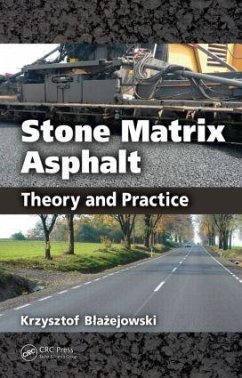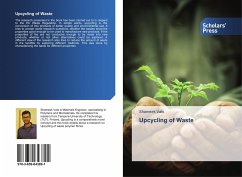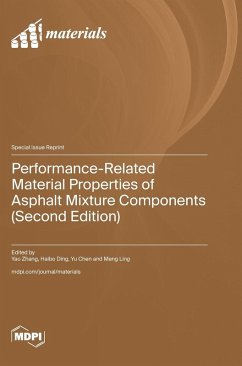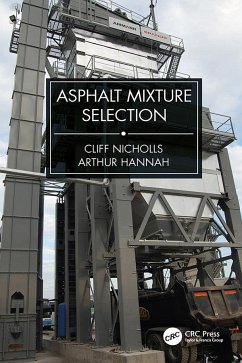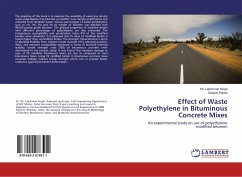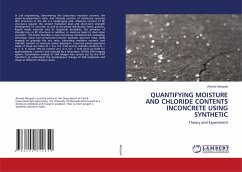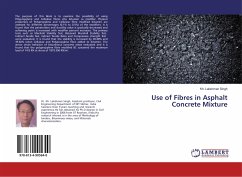
Use of Fibres in Asphalt Concrete Mixture
Versandkostenfrei!
Versandfertig in 6-10 Tagen
24,99 €
inkl. MwSt.

PAYBACK Punkte
12 °P sammeln!
The purpose of this Book is to examine the possibility of using Polypropylene and Cellulose fibres into bitumen as modifier. Physical properties of Polypropylene and Cellulose fibre modified bitumen are assessed for different percentages (0.1% to 0.5%) of the modifiers. It is found that the penetration and ductility value is gradually decreased and softening point is increased with modifier percent increases. The primary tests such as Marshall Stability Test, Retained Marshall Stability Test, Indirect Tensile Test, indirect Tensile Ratio and Compressive strength Test were evaluated. It is foun...
The purpose of this Book is to examine the possibility of using Polypropylene and Cellulose fibres into bitumen as modifier. Physical properties of Polypropylene and Cellulose fibre modified bitumen are assessed for different percentages (0.1% to 0.5%) of the modifiers. It is found that the penetration and ductility value is gradually decreased and softening point is increased with modifier percent increases. The primary tests such as Marshall Stability Test, Retained Marshall Stability Test, Indirect Tensile Test, indirect Tensile Ratio and Compressive strength Test were evaluated. It is found that the stability is increased by 30.68% and 39.82% when Cellulose and Polypropylene fibre added to bitumen. The stress- strain behavior of bituminous concrete mixes evaluated and it is found that the polypropylene fibre modified BC sustained the maximum load of 74.8 KN at stress of 1879.396 KN/m².



